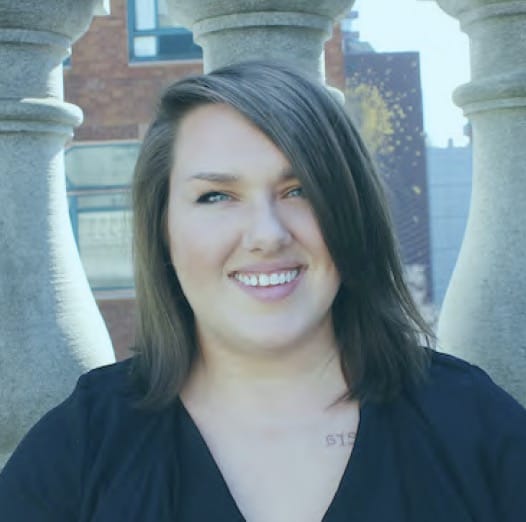A Note from Meghan Bartley, Senior Director of Brands, Agencies, and Engagement at GLAAD

This report underscores what GLAAD and many researchers have uncovered in the past few years: LGBTQ inclusion is a future-proofing strategy.
Looking exclusively at LGBTQ consumers, brands have to consider the $1.4 trillion purchasing power of LGBTQ Americans or up to $4.7 trillion if seeking global consumers. Global and U.S. identification in the community is increasing, with Gen Z Americans more likely to be in the community than any other generation.
Gen Z’s non-LGBTQ peers in the U.S. are more likely to know an LGBTQ person and support the community than other generations, but overall, research shows that allyship is strong and includes expectations of corporate responsibility across demographics.
GLAAD’s Accelerating Acceptance survey of non-LGBTQ Americans found that a majority of those outside the LGBTQ community believe companies should publicly support us.
Edelman Trust Institute found Americans across demographics seek out employers and are more likely to buy or use brands who take a stand in support of LGBTQ rights.
KANTAR, in partnership with GLAAD’s Advertising Visibility Index, found a majority of Americans feel advertisers have a responsibility to give visibility to LGBTQ people and families.
A GLAAD and Ipsos poll found Americans were nearly twice as likely to back companies facing criticism for supporting the LGBTQ community rather than their critics.
And despite recent anti-DEI backlash, the majority of brands say their commitments to DEI are staying strong.
The industry continues to see data from disparate sources prove the need for and value of LGBTQ inclusion, and with this survey it is clear these realities are bringing about an increase in expected brand commitments.












